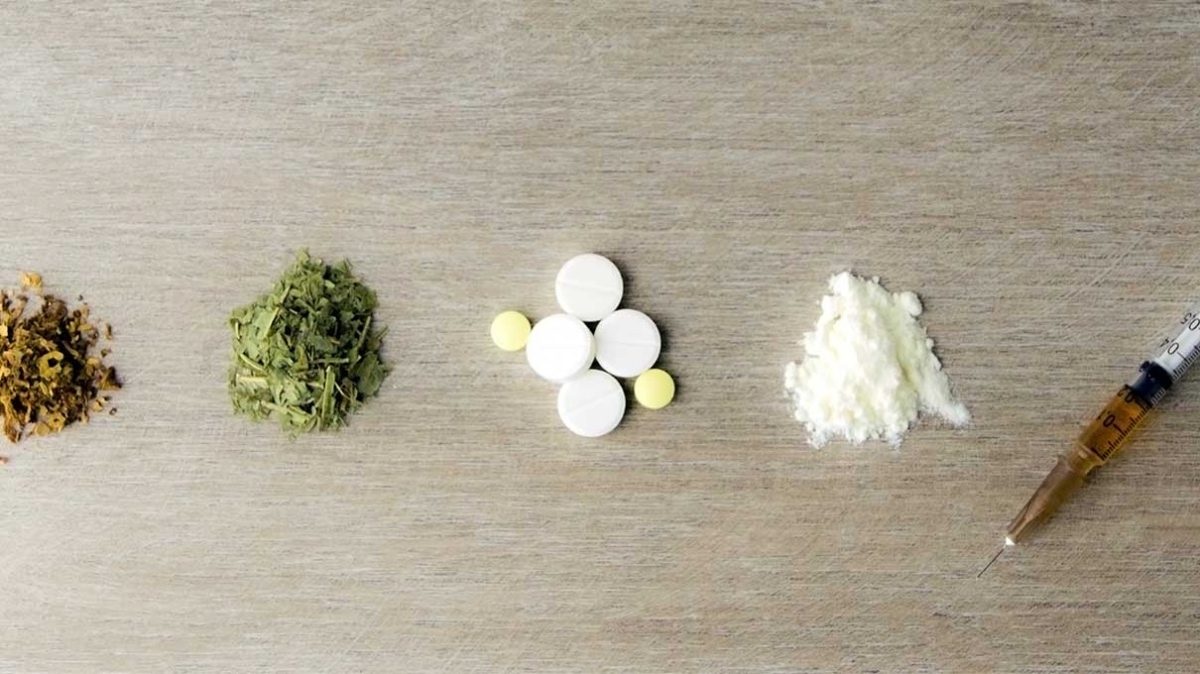The mental health in Israel is deteriorating, as reported by the newspaper “Yedioth Ahronoth.”
The newspaper cited a study conducted by the University of Haifa and the Shalvata Mental Health Center, supervised by Professor Dana Tsour Beitane. The study examined the psychological coping mechanisms employed by the youth in Israel in response to the consequences of the war.
The writer, Daniel Fingold, emphasized that the events of October 7th had long-term effects on mental health in Israel.
“Yedioth Ahronoth” pointed to a significantly high inclination towards the consumption of medical drugs that may lead to addiction.
The study revealed a notable increase in the consumption of addictive substances after the start of the war. Sixteen percent of the participants reported a slight increase in nicotine use, while 10% indicated an increase in alcohol consumption.
Additionally, 5.5% reported an increase in cannabis use. The study also showed a substantial rise in the use of prescription drugs that may lead to addiction, with an increase in the use of sedatives reported by 11% of the participants, sleeping pills by 10%, and painkillers by 8%.
While these results do not necessarily indicate the emergence of chronic or long-term disorders, according to the study, there may be potential effects of the increased reliance on substances that could lead to addiction.
This unprecedented rise is considered a psychological response to confront powerful and unprecedented events that are expected to have a clear impact on the mental well-being of Israelis.
According to the newspaper, difficult and shocking life events can lead to emotional disturbances and a desire to alleviate distress, resulting in long-term psychological and mental health problems
